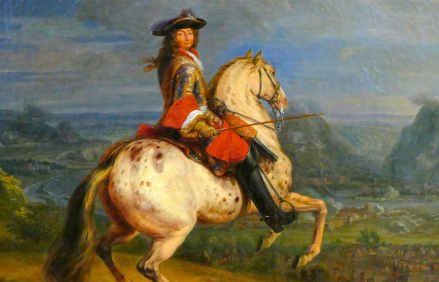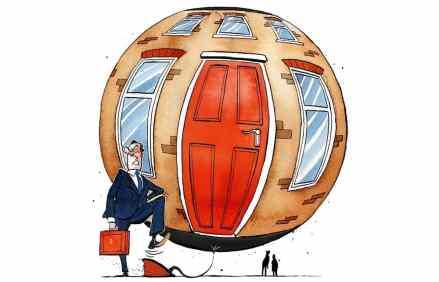What the Tories got wrong on housing
Sir Keir Starmer may be our first atheist prime minister, but his manner in parliament resembles that of what, in House of Lords terminology, is called a ‘Most Reverend prelate’. There is a lot of sonority about serving others, disagreeing well etc. These are good sentiments but, when trying to be good, ‘show, not tell’ is better. Adopting an archiepiscopal tone, a political leader is quickly tripped up. For example, Sir Keir wants to drive peers aged over 80 out of the Lords, thinking this conducive to the public good; and yet, as I write, he is having his first much-prized bilateral with Joe Biden, who is six years older





















